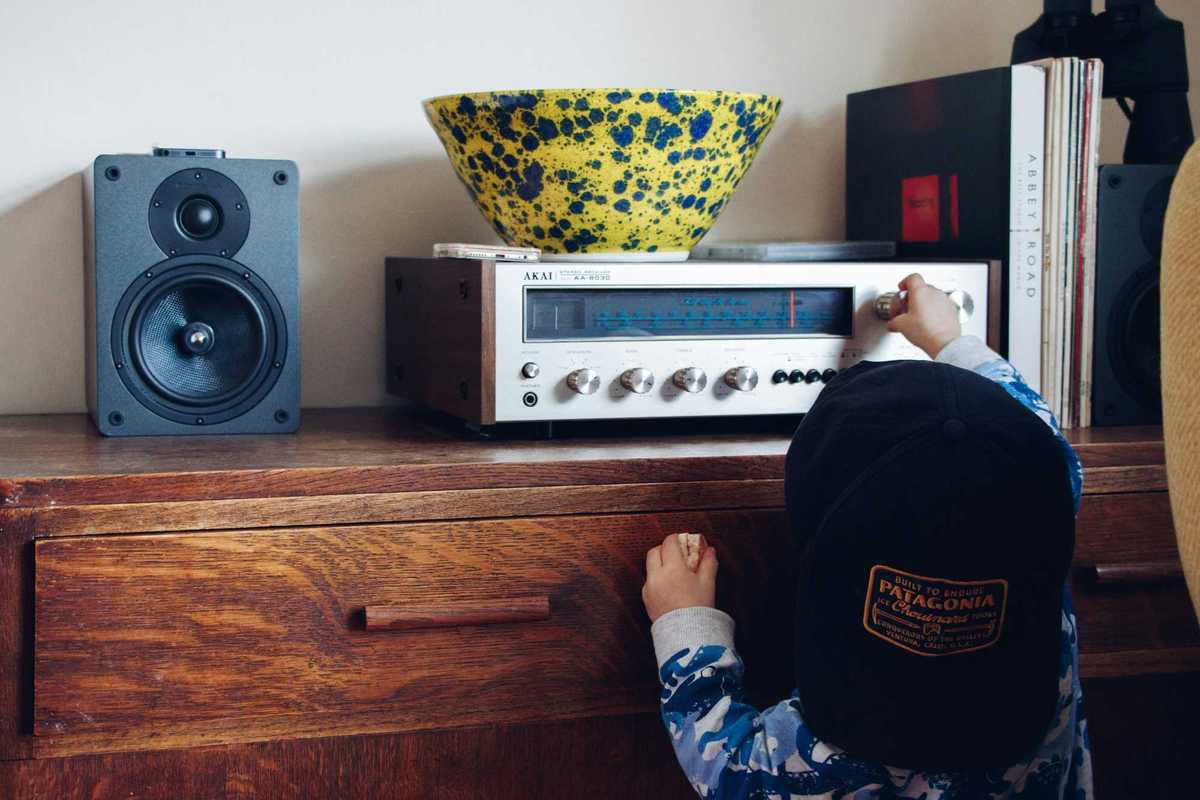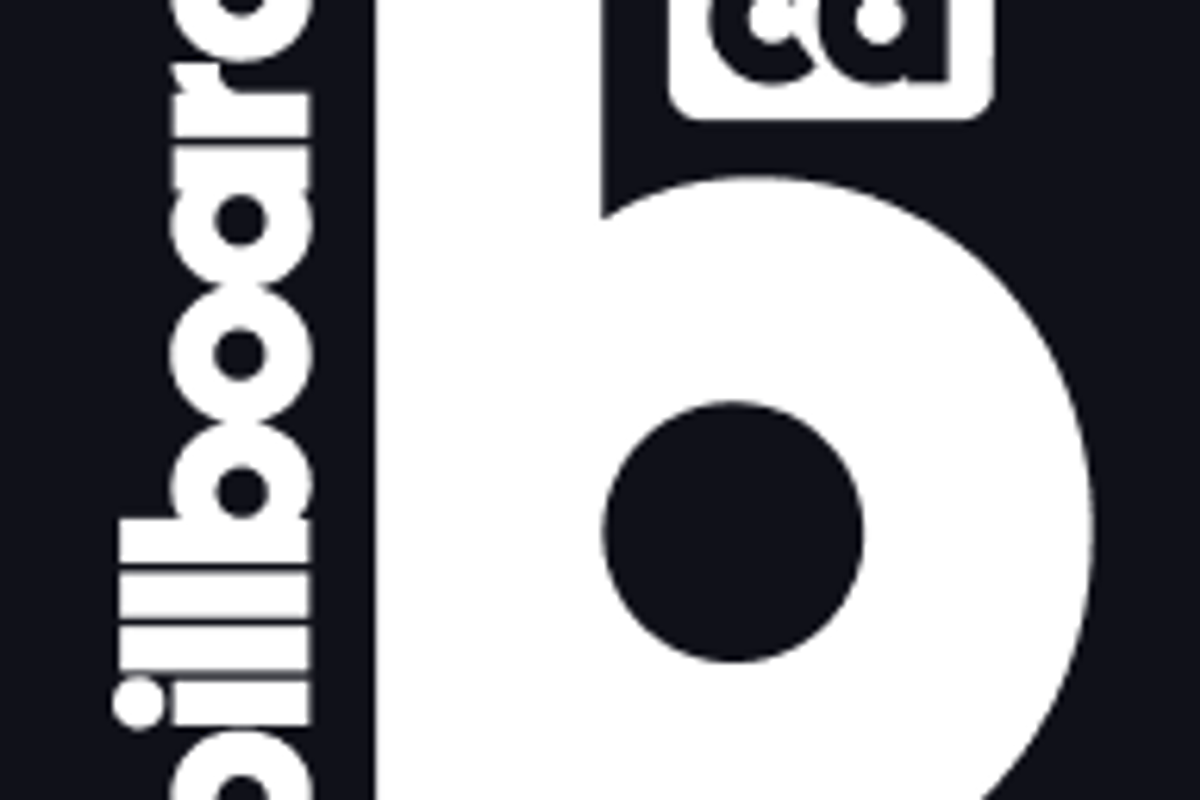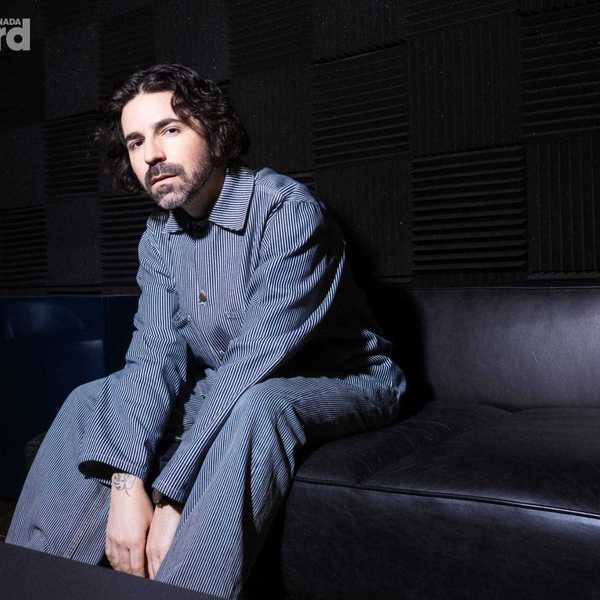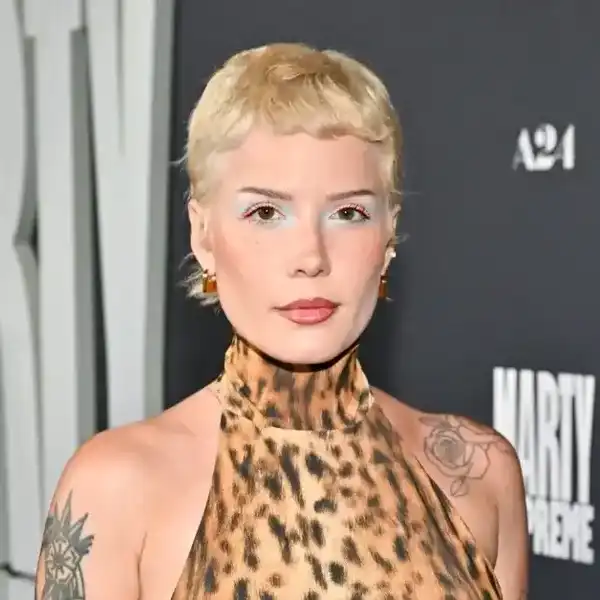advertisement
Billboard is a part of Penske Media Corporation. © 2023 Billboard Media, LLC. All Rights Reserved.
advertisement
Latest News
advertisement
BILLBOARD CANADA FYI
A weekly briefing on what matters in the music industry
By signing up you agree to Billboard Canada’s privacy policy.
advertisement
advertisement

Photo by Will Francis on Unsplash
FYI
Music News Digest: CRTC Aims To Fill a Gap for Indigenous Radio in Toronto and Ottawa
Also this week: Sled Island reveals initial lineup curated by clipping., Truro hosts Nova Scotia Music Week and more.
51m
The CRTC recently launched a call for applications for FM radio stations to serve Indigenous communities in Toronto and Ottawa. Broadcast Dialogue reports "the call follows the demise of First Peoples Radio’s ELMNT FM stations, which went off the air on Sept. 1 last year. Launched in the fall of 2018, the stations had a goal to 'fill the gap' for urban Indigenous listeners under-represented in the radio landscape. They carried an 'Indigenous-variety' format, featuring both English and Indigenous-language spoken-word and musical programming, with 25% of the playlist dedicated to Indigenous talent.
In its call, the commission says in its view, "there is a need and a demand for radio stations to serve the needs and interests of those communities."
advertisement
The commission notes that the 95.7 FM Ottawa and 106.5 FM Toronto frequencies that ELMNT FM operated on are currently available, however “applicants may also propose alternative frequencies, where available.” The CRTC says it will consider any applications it receives during a future public proceeding.
Industry News
Music Nova Scotia has just announced that this year’s Nova Scotia Music Week (NSMW) will take place in Truro/We’kwampekitk from November 12-15, 2026. It has been five years since Truro last hosted the event. NSMW is now in its 29th year.
– In partnership with UPlift Black, Egale Canada is launching a new pilot program to support performing arts organizations. The program provides tools and resources to address issues that arise from systemic oppression at the intersection of racism and homophobia, biphobia, and transphobia. The program is for performing arts administrators, leaders, and board members seeking to foster anti-racist and inclusive environments in an effort to create and maintain performing arts workspaces where racialized queer and trans artists can thrive. More info here.
– Los Angeles-based 72 Music Mgmt. (72MM) recently announced a major expansion that includes the launch of a producer and engineer division. The company focuses on the roots and blues sector and now operates in five U.S. cities. Of note is the fact that acclaimed and Grammy and Juno-winning Canadian roots artist and producer Colin Linden (ABC/CMT’s Nashville, O Brother Where Art Thou soundtrack, Blackie and the Rodeo Kings) has joined 72MM's producer roster, alongside the notable likes of Boo Mitchell (Bruno Mars, Cedric Burnside), Carl Nappa (Prince, RZA, Nelly), Scott Bomar (Cyndi Lauper, Al Green, Song Sung Blue soundtrack) and five-time Grammy-nominated artist/drummer/producer Cody Dickinson (Aaron Neville, Mavis Staples).
advertisement
Festivals News
Calgary's musically adventurous Sled Island Music & Arts Festival has just revealed the first wave of artists for its 2026 edition, running June 17–21. That list is headed by Black Country, New Road and HOMESHAKE, and also features Sextile, feeble, little horse, Snõõper, Sweeping Promises, Laraaji, Salami Rose, Joe Louis, Etran de L’Aïr, Thor Harris, DijahSB, Emily Yacina, Suffering Hour and Tha Retail Simps.
Following tradition, Sled Island appoints a guest curator to assist with programming. This year that role is filled by experimental hip-hop trio clipping. (a group including acclaimed actor Daveed Diggs), who also handpicked many artists, including billy woods, Backxwash, Robert Aiki, Aubrey Lowe, Cartel Madras, Lana Del Rabies and more. The full lineup will feature 200+ artists across music, comedy, art and conference programming, with more announcements to come. Get passes and tickets here.
advertisement
– The Toronto Jazz Festival has just announced the addition of eight headline concerts to be presented as part of its 39th season, June 19-28. Joining major U.S. star Cassanda Wilson on that list are Isaiah Collier, DOMi & JD Beck, The Dip, Kassa Overall, Sullivan Fortner, Mei Semones and Gentiane MG. They join the previously named Emilie-Claire Barlow, Kokoroko, Hiromi’s Sonicwonder and Ibrahim Maalouf. More info here.
advertisement
– Saguenay, Quebec, hosts the 9th edition of the La Noce de coquelicot festival, running July 2-4 and held in its legendary castle, La Pulperie, which will take on a Woodstock vibe for the event this summer, marking Chicoutimi's 350th anniversary. The newly-named lineup is an impressive one, featuring major Quebecois stars Lou-Adriane Cassidy, Les Louanges, Klô Pelgag and Ariane Roy and rising local stars Angine de Poitrine and Éléonore Dessureault alongside international sensation Macario Martínez and Canadian veterans Death from Above 1979. More than 15,000 festival-goers are expected for the concerts and $10 weddings.
A second announcement including after-parties and more will be made in April. These will have separate ticketing. Passports and day tickets, giving access to the daytime program, are now on sale here.
Artists News
A two-time Juno-nominee, soulful B.C .singer-songwriter Ndidi O releases a new album, About Time, on March 6, and is about to play three Ontario shows to launch it. They are at Hugh's Room in Toronto, March 4, Fourth Stage in Ottawa, March 6, and the St. Lawrence Acoustic Stage, Morrisburg, March 7. Tickets here.
– A concert sure to interest world music lovers in Vancouver is the upcoming (March 13) Chan Centre concert of the acclaimed SUBA Trio. Something of a supertrio, they comprise four-time Grammy-nominated Cuban pianist Omar Sosa, Senegalese kora player Seckou Keita and Afro-Venezuelan percussionist Gustavo Ovalles. Expect material from their recent album SUBA. More info here.
keep readingShow less
advertisement
Popular
advertisement
Published by ARTSHOUSE MEDIA GROUP (AMG) under license from Billboard Media, LLC, a subsidiary of Penske Media Corporation.
advertisement

















